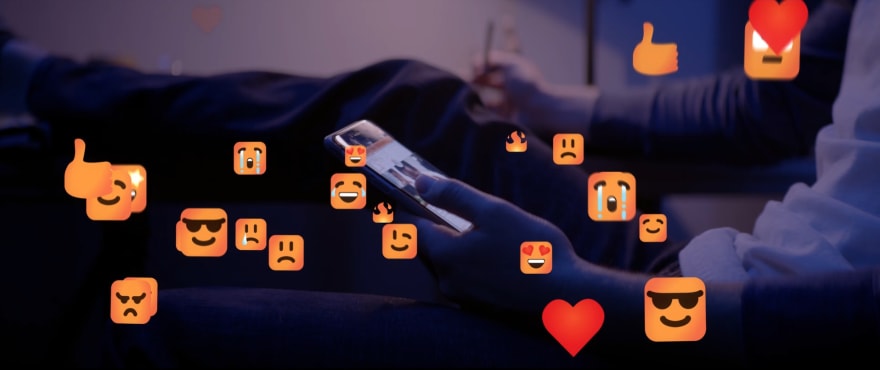Recently Netflix released a movie named "The Social Dilemma" which made many heads turn and left the audience with a thoughtful question. I usually don't consume much content on the internet apart from learning resources for my projects but many of my friends were insisting on watching this movie and I started hearing about it almost everywhere and when I watched the movie, it almost had everything I wanted to know. More specifically, the film can be brought down to the context as "When you are not paying for the product, you are the product!".
Apps like Facebook, Whatsapp, Snapchat, Instagram elevate the same neural activities as a drug addiction. The system is so complex that when you actually see it it's hard to believe that all your actions are actually predictable with the data you provide to these so called social media. When we say we should care more about our privacy and have control over our data not many people get the real idea of what is at stake. I've heard numerous times from my friends and family when I talk about data protection and privacy concerns. They simply say "I'm not a celebrity or I have nothing to hide, what can they possibly do with my data?". Well, they certainly can do a lot with your data like predicting your every single move like a robot. Humans are not predictable subjects but these well developed algorithms and apps say a different side of story.
All the material inventions before the birth of social media needed some kind of human interest and involvement to execute appropriate tasks but the SMART devices play a different game, they call you all the time with some beeps or flashing lights. Maybe it all happened when we tried making machines smarter and ended up being dumber. If you have ever misplaced your phone, you may have experienced a subtle panic attack. This shows how significant smartphones have become in our life style. About 73% of people accept this unique flavour of anxiety. We have become so intimately entwined with the digital life that sometimes we feel the phones vibrating in our pockets even when they are not present. Before the age of digital life we had a social structure we thrived on tend to contain 150 individuals but today we carry 2 billion connections in our pockets everyday.
What exactly can they do with my data?
Let's start with why your data in the first place. From times when we had barter system the transaction was based on some value. You share something with the interested party in return for something else and that's it, the transaction is over but it's not the same with social media business model. You consume some content and they wait till the right time to show you an ad with complex calculations on the possibility of you clicking the advertisement. You don't pay anything right away nor do they charge you anything but there is a catch they'll make you do what they want you to do and most of the times their prediction works and it's just getting better at it everyday. Let's say you are casually checking out a cloth wear in some mall, the system has become so advanced that you mobile so much information every minuscule of second you spend there. Following information can be easily retrieved from your device even if the screen is locked:
- GPS (location based data)
- Bluetooth signals
- Wifi signals
There is a company called cosmose which tracks footprints on offline stores via your smartphone and displays ads based on your data. I recommend watching a quick video about how it works. How this company tracks your movements?
This is just a simple example of what can be done with your data but there are many other events including political elections and spreading misinformation on the internet which can cause absolute havoc in this world. I do not want to get into detail about every horrendous event that happened because of misinformation but it is very easy to spread fake news in this digital age.
What's the solution?
Social media is not going away anytime soon but it's up to us as users to decide what has to be done. Try the following:
Question yourself "is it really worth my time?", "is it benefitting me in some way?", "am I learning something?"
Turn down the notifications, don't let the smartphone control you. Turn of notifications of apps like whatsapp, facebook, instagram, snapchat, youtube etc. If there is something important that needs to be addressed prefer a traditional method like sms or call.
Use widgets like digital wellbeing and track your daily time spent on these apps.
Draw a line! make a schedule to include non-digital activity during the day and keep your mobile far far away from your bed at night.
Be conscious when you use your device, don't scroll through meaningless memes and images on the internet. Take a moment and understand the purpose of your session with the device.
Get busy, if you find yourself spending lot of time on your phone but you got nothing to do when you are away from it maybe it's time you write that story you always wanted to write about or the discussion you wanted to have with your family or friend who is actually present with you.
These are not the only options, there are lot more available and many research are being done about this. Head over to The Detox Kit to learn more. Unfortunately the amount of money and minds spent on fixing this dilemma is only a fraction of features planned to increase user engagement but with our conscious choice and awareness we can overcome this.
Checkout the movie here: The Social Dilemma



Top comments (0)